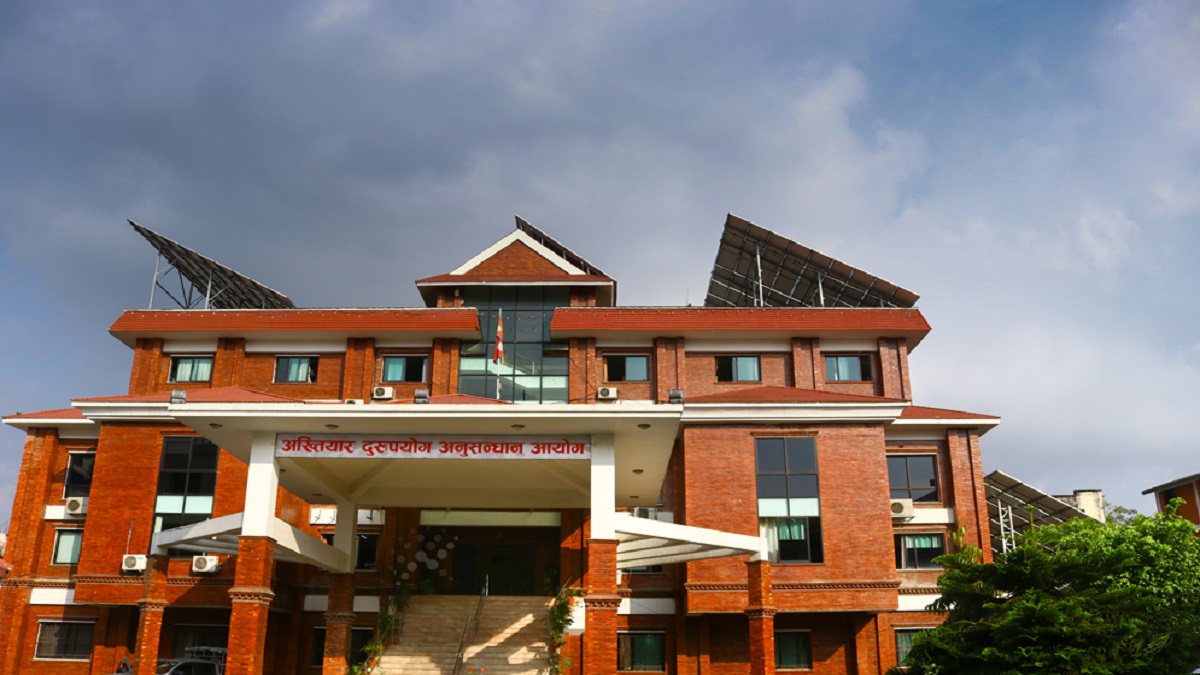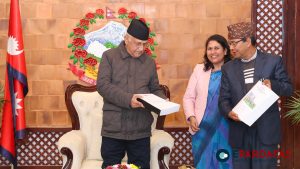
Bill Seeks to Empower CIAA to Investigate Cabinet Decisions
A new legislative proposal aims to empower Nepal’s Commission for Investigation of Abuse of Authority (CIAA) to scrutinize certain decisions made by the Council of Ministers, addressing a longstanding loophole that has allowed politicians to evade corruption investigations.
Currently, the CIAA is restricted from probing the Cabinet’s “policy decisions” under the Commission for Investigation of Abuse of Authority Act-1991. The ambiguity in distinguishing between “policy” and “non-policy” decisions has enabled some officials to exploit this exemption.
The parliamentary State Affairs and Good Governance Committee’s subcommittee has prepared a bill to amend the CIAA Act, clearly defining which decisions qualify as policy decisions. If enacted, the CIAA would gain the authority to investigate Cabinet decisions that do not meet the criteria for policy decisions.
According to the proposed bill, decisions made to benefit a specific individual or private organization, which are not equally applicable to the general public and contradict publicly announced policies, would not be considered policy decisions and thus would fall under the CIAA’s jurisdiction.
Hridayaram Thani, chair of the subcommittee, expressed optimism about the bill’s progression, noting that it has garnered support from various political parties. Ramhari Khatiwada, chair of the State Affairs and Good Governance Committee, echoed this sentiment, indicating confidence in the bill’s advancement while acknowledging the committee’s authority to discuss and revise it as necessary.
This legislative move comes amid growing concerns that politicians have been using the Council of Ministers’ decisions to circumvent scrutiny by the CIAA. By narrowing the definition of policy decisions, the bill seeks to enhance accountability and strengthen anti-corruption measures within the government.













Comments